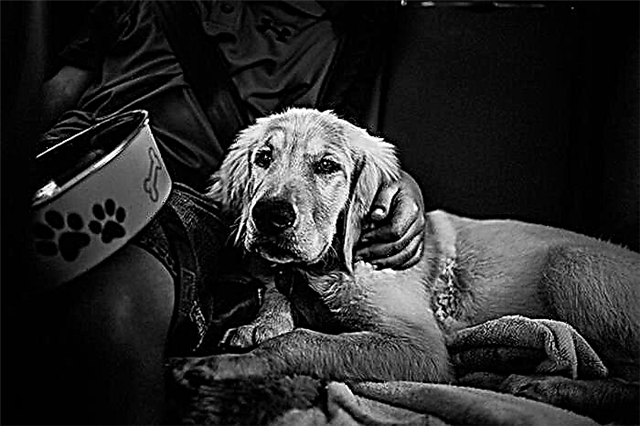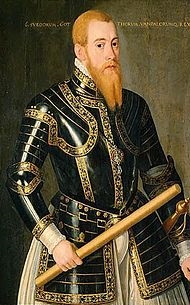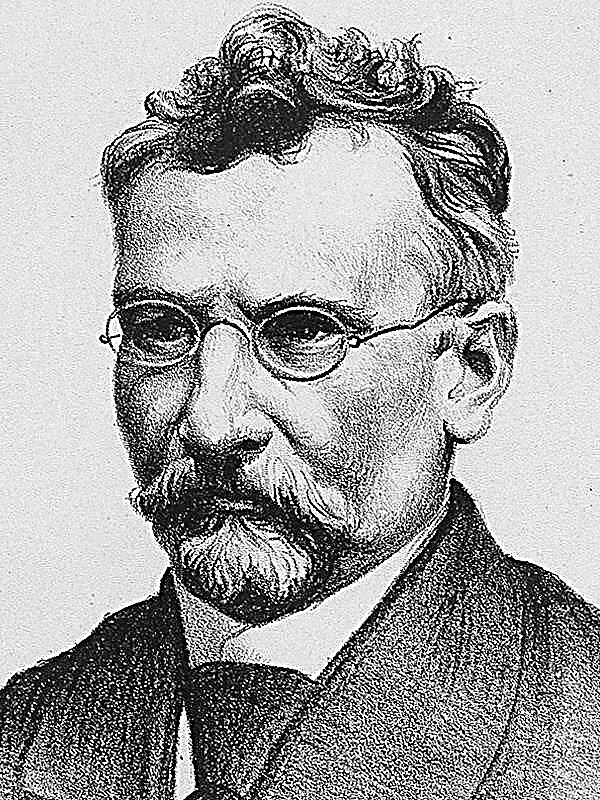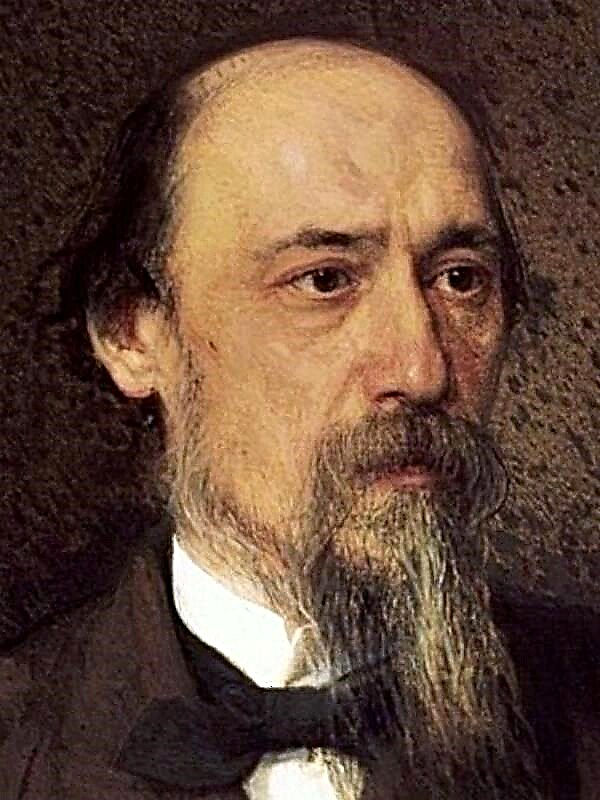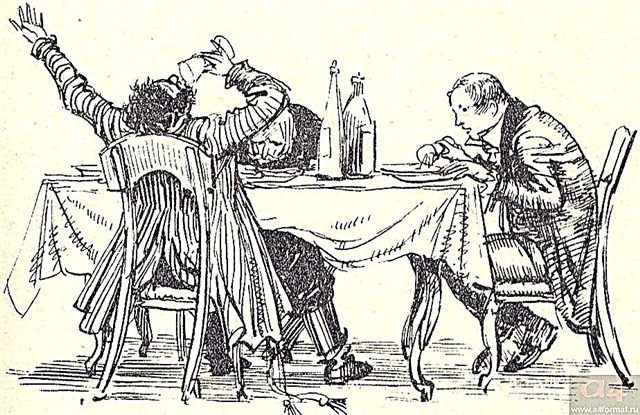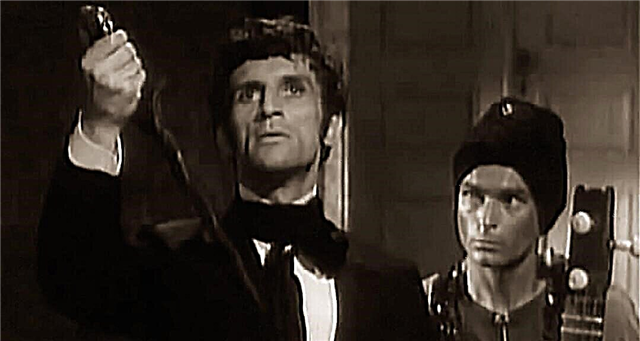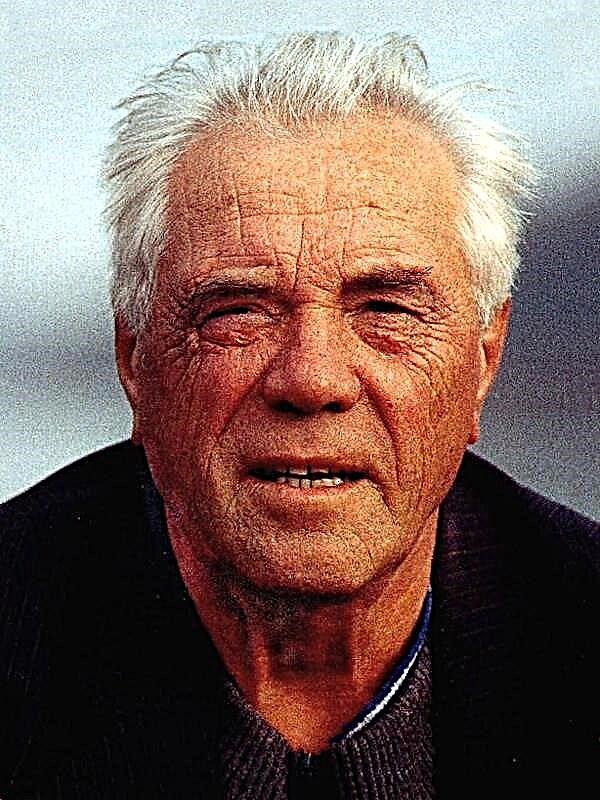Tomas is a surgeon who works in a clinic in Prague. A few weeks ago in a small Czech town he met Teresa. Teresa works as a waitress in a local restaurant. They spend only an hour together, then he returns to Prague. Ten days later, she comes to him. This unfamiliar girl awakens in him an inexplicable feeling of love, a desire to somehow help her. Teresa seems to him a child, "whom they put in a tarred basket and let him down the river so that he would catch it on the shore of his bed."
After living with him for a week, Teresa returns to his provincial town. Tomas is bewildered, does not know what to do: to connect his life with Theresa and take responsibility for her or maintain his usual freedom, to be alone. Theresa's mother - a beautiful woman - abandons her father and leaves for another man. Father goes to prison, where he soon dies. Step-father, mother, her three children from a new marriage and Teresa settle in a small apartment in a provincial Czech town.
Mother Teresa, dissatisfied with life, takes everything out on her daughter. Despite the fact that Teresa is the most capable in the class, her mother takes her out of the gymnasium. Teresa goes to work in a restaurant. She is ready to work with a sweat to earn motherly love.
The only thing that protects her from the hostile surrounding world is a book. The love of reading distinguishes it from others, is, as it were, an identification mark of a secret brotherhood. Tomasch attracts her attention by reading a book in a restaurant where she works.
A chain of accidents - an open book on Tomasch's restaurant table, Beethoven's music, number six - sets in motion a dormant sense of love in it and gives courage to leave home and change life.
Teresa, having abandoned everything, without invitation again comes to Prague and remains to live with Tomas.
Tomas is amazed that he so quickly decided to keep Teresa at home, acting contrary to his own principles — no woman should live in his apartment. He has firmly adhered to this for ten years after the divorce. Fearing and at the same time wanting women, Tomasz develops a compromise, defining it with the words “erotic friendship” - “those relations in which there is no trace of sentimentality and none of the partners encroaches on the life and freedom of the other”. This method allows Tomas to keep constant lovers and at the same time have many fleeting connections.
Striving for complete freedom, Tomasch limits his relations with his son only by the accurate payment of alimony. Tomash’s parents condemn him for this, break up with him, remaining demonstratively good relations with his daughter-in-law.
Tomas is going to take care of Teresa, to protect her, but he has no desire to change his lifestyle. He is renting an apartment for Theresa. One of his girlfriends, Sabina, helps Teresa get a job in the photo lab of the illustrated weekly. Gradually, Teresa finds out about Tomas’s betrayals, and this causes her painful jealousy. Tomasz sees her torment, has compassion for her, but cannot end his “erotic friendships”, finds no strength to overcome the craving for other women, and does not see the need for it.
It takes two years. To muffle Theresa’s suffering from his betrayals, Tomas marries her. On this occasion, he gives her a bitch dog, which they call Karenin.
August 1968. Soviet tanks invade Czechoslovakia.
Swiss friend Tomasz - the director of one of the clinics in Zurich - offers him a place at home. Tomas hesitates, suggesting that Teresa will not want to go to Switzerland.
Teresa spends the entire first week of occupation on the streets of Prague, filming episodes of the entry of troops, mass protests of citizens and handing out films to foreign journalists who almost fight over them. Once she is detained, and she spends the night in the Russian commandant’s office. They threaten her with execution, but as soon as she is released, she again goes to the streets. During these test days, Teresa feels strong and happy for the first time.
The Czech leadership in Moscow signs a compromise agreement. It saves the country from the worst: from executions and mass exiles to Siberia.
Everyday humiliation is coming. Tomas and Teresa emigrate to Switzerland.
Zurich. Tomas works as a surgeon with his friend. Here he meets again with Sabina, who also emigrated from Czechoslovakia.
In Zurich, Teresa visits the publishing house of an illustrated magazine and offers her photographs of the Soviet occupation of Prague. She is politely, but firmly refused - they are no longer interested in it. She is offered a job - photographing cacti. Teresa refuses.
Teresa is alone at home all days. Jealousy wakes up again, which she, along with beauty, inherited from her mother. She decides to return to her homeland, hoping in her heart that Tomasch will follow her.
Six to seven months pass. After returning home one day, Tomasz finds a letter from Theresa on the table in which she says that she is returning home to Prague.
Tomasz rejoices in his newfound freedom, enjoys the ease of being. Then he is possessed by relentless thoughts about Theresa. On the fifth day after her departure, Tomas informs the director of the clinic about his return to Czechoslovakia.
The first feelings he experiences upon returning home are emotional depression and despair from the fact that he returned.
Teresa works as a barmaid in a hotel. She was kicked out of the weekly one or two months after they returned from Switzerland.
At work, during one incident, a tall man stands up for her. Teresa later finds out that he is an engineer. Soon, Teresa accepts an invitation to go to his house and enters into a love affair with him.
Days pass, a month - the engineer no longer appears in the bar. A terrible conjecture appears in her head - this is sex. A situation was created in order to compromise, and then use it for their own purposes, drawing them into a single organization of informants.
Sunday. Tomas and Teresa go for a walk out of town. They call in a small resort town. Tomáš meets his long-standing patient, a fifty-year-old peasant from a distant Czech village. The peasant talks about his village, that there is no one to work, because people are fleeing from there, Teresa has a desire to leave for the village, it seems to her that this is now the only saving road.
Upon his return from Zurich, Tomasz still works in his clinic. Once he is called to his head physician. He suggests that Tomash renounce the previously written political article, otherwise he will not be able to leave him in the clinic. Tomas refuses to write a penitential letter and leaves the clinic.
Tomas works in a village hospital. A year passes, and he manages to find a place in a suburban dispensary. Here he is found by a person from the Ministry of the Interior. He promises Tomas to resume his career as a surgeon and scientist, but for this you need to sign a statement. In this statement, Tomasz should not only abandon his political article, as was required of him two years ago, he also contained words about love for the Soviet Union, loyalty to the Communist Party, as well as condemnation of intellectuals. In order not to sign or write such statements, Tomasz abandons medicine and becomes a window cleaner. He, as it were, returns in the days of his youth, to the vastness of freedom, which means for him, first of all, freedom of love affairs.
Teresa talks about the incident at the bar. She is very alarmed. Tomas first noticed how she had changed, aged. He suddenly with horror realizes how little attention has been paid to her for the past two years.
Tomas is invited to wash the windows in one apartment. There he meets his son. People gathered in the apartment offer him to sign a petition asking for amnesty for political prisoners. Tomasz does not see the point in this petition. He recalls Theresa - besides her, nothing matters to him. He cannot save the prisoners, but he can make Theresa happy. Tomas refuses to sign the paper.
Five years after the invasion of Soviet troops in Prague. The city has unrecognizably changed. Many acquaintances of Tomasz and Teresa emigrated, some of them died. They decide to leave Prague and go to the village.
Tomasz and Teresa live in a remote, forgotten village. Tomas works as a truck driver, Teresa grazes calves. They finally find peace - from here they have nowhere to drive out.
Teresa is happy, it seems to her that she has achieved the goal: she and Tomas are together and they are alone. The joy of being is obscured only by the death of their only faithful friend - the dog Karenin.
Geneva. Franz lectures at the university, travels to foreign symposia and conferences. He is married and has an eighteen-year-old daughter. Franz meets a Czech artist and falls in love with her. Her name is Sabina. This is Tomasha’s girlfriend.
Sabina has been painting since childhood. Immediately after graduation, she leaves home, enters the Prague Academy of Arts, and then marries an actor from one of the theaters in Prague. Soon after the untimely death of her parents, Sabina parted with her husband and began to lead the life of a free artist.
Franz confesses to his wife that Sabina is his mistress. He wants to divorce his wife and marry Sabina.
Sabina is confused. She does not want to change anything in her life, she does not want to take any responsibility. She decides to leave Franz. Franz leaves his wife. He rents a small apartment. He has a relationship with one of the students, but when he wants to get married again, his wife refuses to divorce him.
Sabina lives in Paris. Three years later, she receives a letter from her son Tomash, from whom she learns about the death of his father and Theresa - they died in a car accident. Sabina is crushed. The last thread connecting it with the past is broken. She decides to leave Paris.
Sabina lives in America, in California. She successfully sells her paintings, is rich and independent.
Franz joins a group of Western intellectuals and sets off for the borders of Cambodia. During a walk through the night Bangkok, he dies.

